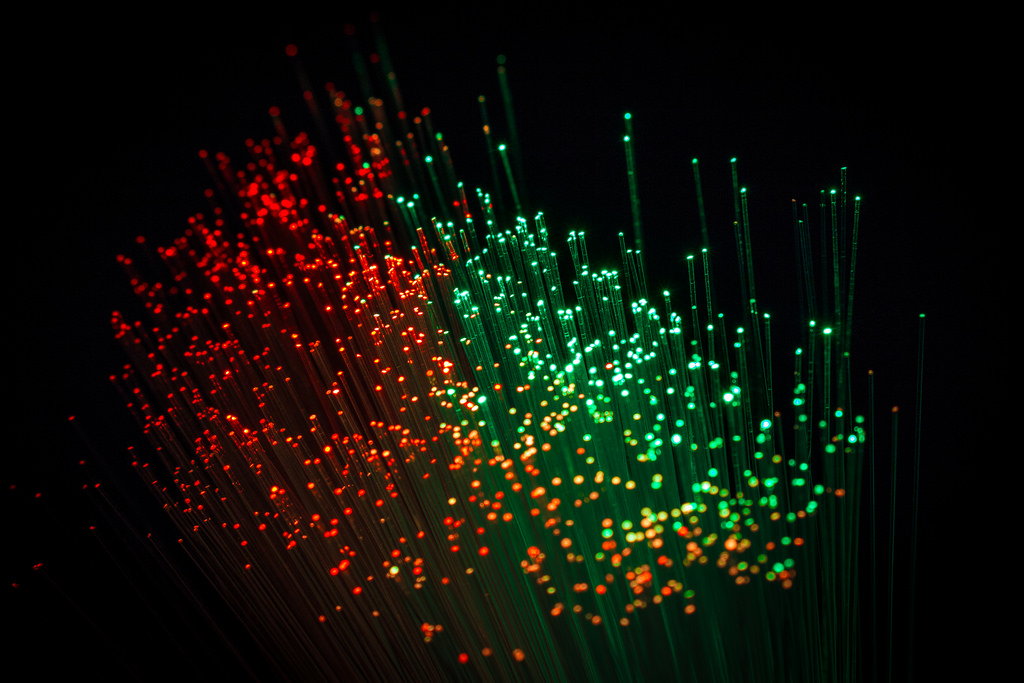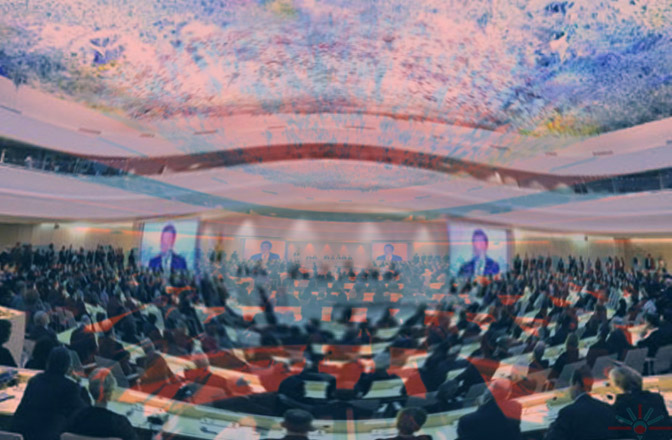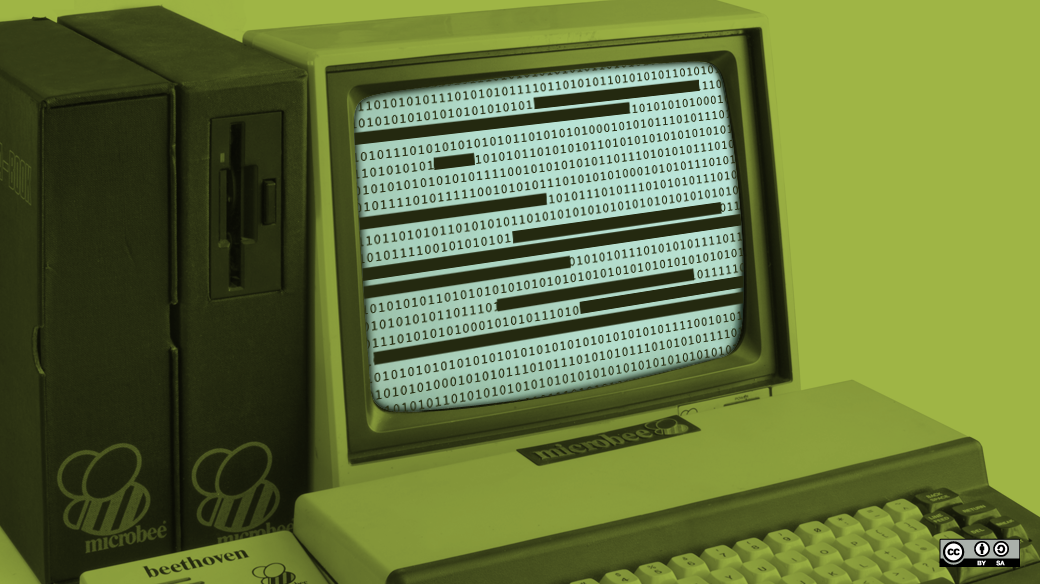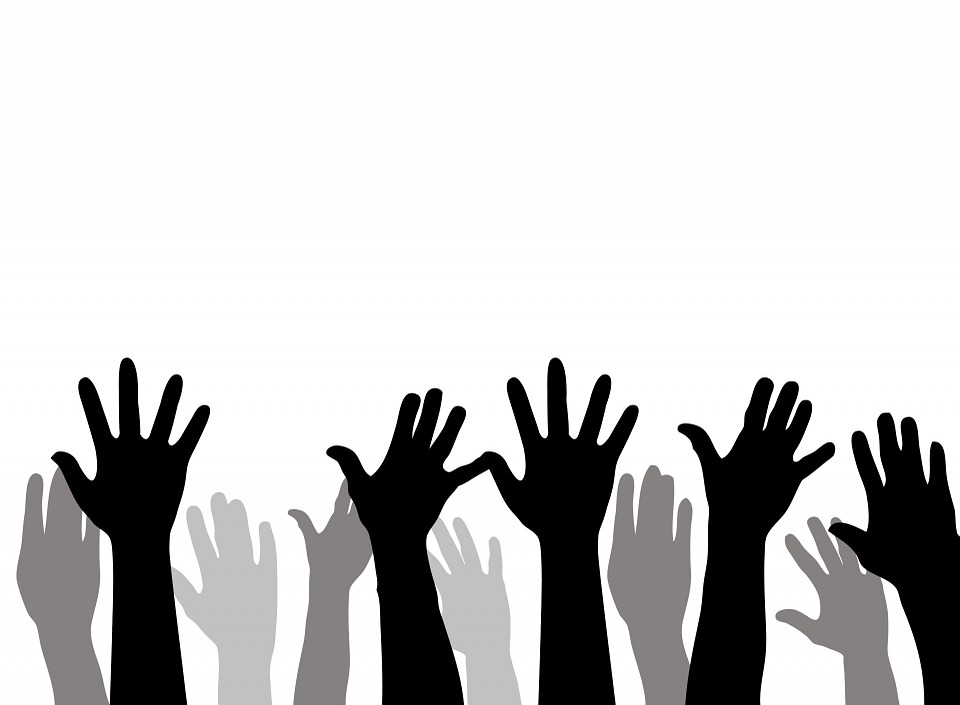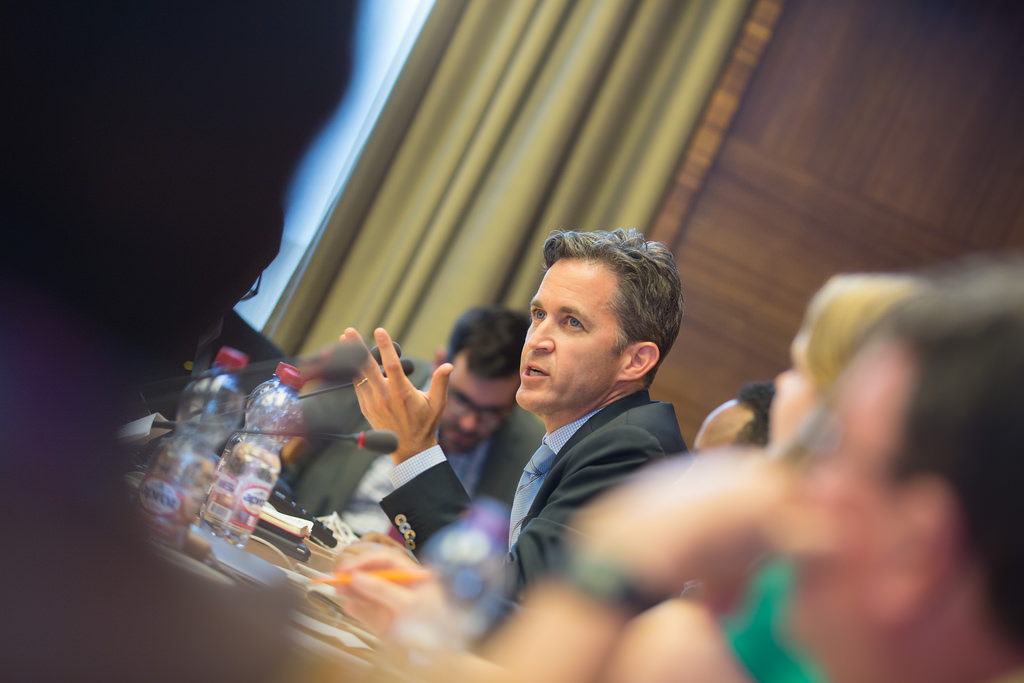The Special Rapporteur’s 2017 report to the United Nations Human Rights Council is now online.
Threats to digital expression and Internet freedom are more pronounced than ever. Internet shutdowns have emerged as a popular means of information control. Government surveillance continues to intensify worldwide, jeopardizing the privacy and security of millions. Net neutrality – the long-held premise that all Internet data should be treated equally and without undue interference – has come under attack. How are States undermining freedom of expression online, and what should they do to reverse the tide? In this increasingly hostile environment, what are the human rights responsibilities of the Information, Communications and Technology sector – particularly those actors that facilitate the provision of telecommunications and Internet access, and serve as gatekeepers of the digital infrastructure?
The Report
In his latest report, the Special Rapporteur examines the duty of States to protect and promote a free and open Internet. He also evaluates the role of digital access providers – not just Telcos and ISPs, which have become synonymous with digital access, but also non-consumer facing actors like network equipment vendors. Drawing on best practices in the field, the Special Rapporteur proposes concrete steps that digital access providers should take to safeguard the freedom of expression of Internet users worldwide.
Recommendations to States
Censorship and surveillance pose major obstacles to a free and open Internet. What are the obligations of States to respect and protect freedom of expression online?
Recommendations to Companies
States increasingly rely on digital access providers to control, restrict, or surveil expression online. There is also growing concern that the private sector is interfering with digital expression on their own initiative. What steps can companies take to ensure respect for freedom of expression online?
Standards Developing Organizations
Freedom of expression online relies on an ever-expanding series of standards and protocols that enable the smooth functioning of Internet and telecommunications networks. Who creates these standards, and how are they developed?
Submissions
During the preparation of the report, we received 51 submissions from civil society, governments, companies, academics, and others. What were their most pressing concerns?
